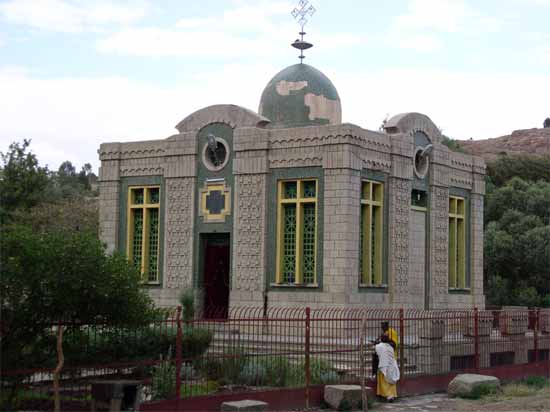3 Sept. Solomon is visited by the Queen of Sheba
“When the queen of Sheba heard about Solomon, she came to test him with hard questions. She travelled to Jerusalem with a large group of servants and camels carrying spices, jewels and much gold.”
“When she came to Solomon, she talked with him about all she had in mind, and Solomon answered all her questions. Nothing was too hard for him to explain to her. The queen of Sheba learned that Solomon was very wise.”
“She saw the palace he had built, the food on his table, his many officers, the palace servants and their good clothes. She saw the servants who served him at feasts and the whole burnt offerings he made in the Temple of the LORD. All these things amazed her.”
“So she said to King Solomon, ‘What I heard in my own country about your achievements and wisdom is true. I could not believe it then, but now I have come and seen it with my own eyes. I was not told even half of it! Your wisdom and wealth are much greater than I had heard.’”
“’Your men and officers are very happy, because in always serving you, they are able to hear your wisdom. Praise the LORD your God, who was pleased to make you king of Israel. The LORD has constant love for Israel, so he made you king to keep justice and to rule fairly.’”
“Then she gave the king about 4 tonnes of gold and many spices and jewels. No one since that time has brought more spices than the queen of Sheba gave to Solomon…”
“King Solomon gave the queen of Sheba everything she wanted and asked for, in addition to what he had already given her of his wealth. Then she and her servants returned to her own country.”
(1 Kings 10:1-10,13)

Solomon’s Egyptian queen died in c.946BC. Not long after, Solomon was visited by the Queen of Sheba, who brought lavish gifts of gold, frankincense and many spices.
Sheba (or Saba) was a southern kingdom centred on Yemen or Ethiopia (and possibly including both). Eritreans believe the Saba region of northern Tigray province in Eritrea is the true site of Sheba; but Ethiopian traditions suggest that it was from Axum, in Ethiopia, that the Queen of Sheba journeyed to visit King Solomon.
In the Biblical ‘Table of Nations’ (see Genesis10:7), the people of Sheba are listed as descendants of Raamah, the great-grandson of Noah, while later, Shebans are said to be descended from Jokshan, the son of Abraham’s wife Keturah (see Genesis 25:3).
The Jewish historian Josephus described Saba as a royal city of Ethiopia, and claimed that it was the defeat of the armies of Cush (Upper Egypt) and Saba that first brought fame to the young Egyptian Prince Moses.
The Ethiopian Orthodox church traditionally ascribes the Semitic component of Ethiopian ethnicity to Abraham’s son Jokshan, and claims that the Ethiopian kings of Aksum are direct descendants of the Queen of Sheba (called ‘Makeda’ in Ethiopian tradition) and her son Menelik I, whose father is believed to be King Solomon.
Significantly, frankincense, one of the gifts brought to Jerusalem by the Queen of Sheba, was produced in the Yemen in Biblical times. The cultivation of this desert area was made possible by building a huge dam to catch the water from flash floods, and a system of channels that irrigated over 20,000 acres / 8,000 hectares of farm land. The remains of this great dam (which was built in c.1500BC and collapsed in 543AD) can still be seen near the ancient Sheban capital of Marib.
The Queen of Sheba is also mentioned in the New Testament, where Jesus claimed that the Jews who had rejected him would be judged in comparison to the “Queen of the South” who “came to listen to Solomon’s wisdom” (see Matthew 12:42 & Luke 11:31).
The photo (by Adam Cohn) shows the Ark of the Covenant church at Axum in Ethiopia.
You can read more about the Queen of Sheba @ https://thebiblejourney.org/biblejourney2/31-the-golden-age-of-israel-under-king-solomon/the-queen-of-sheba-travels-to-jerusalem/
